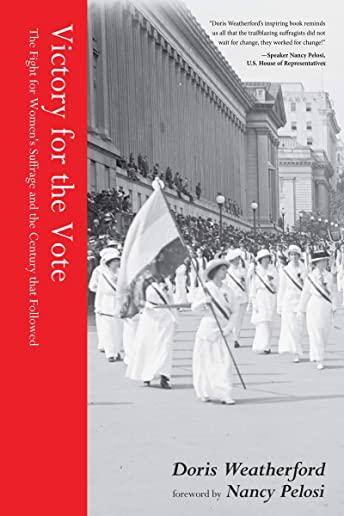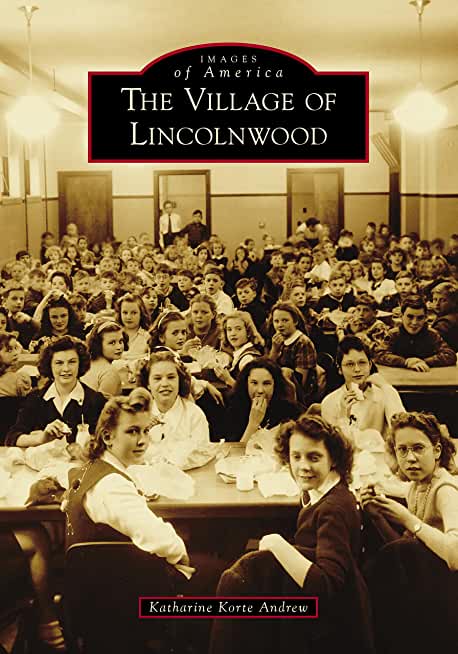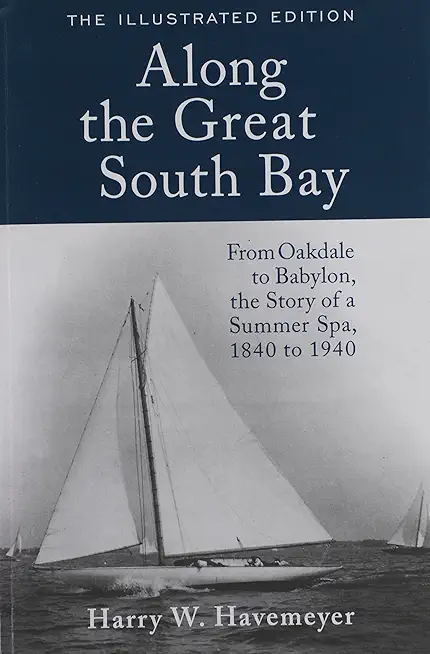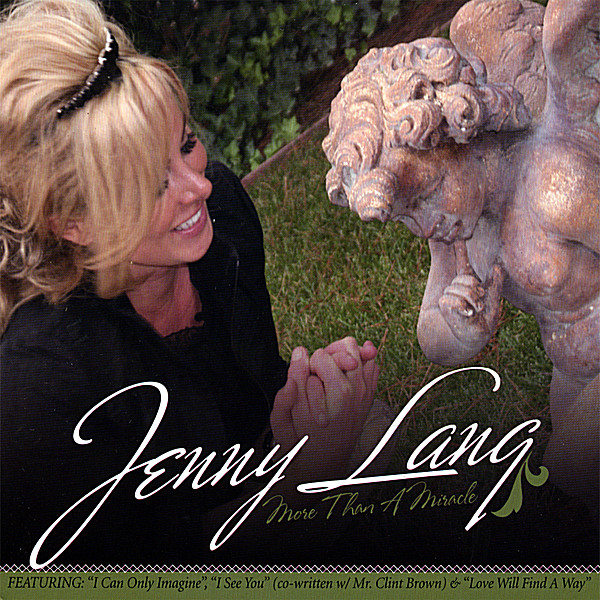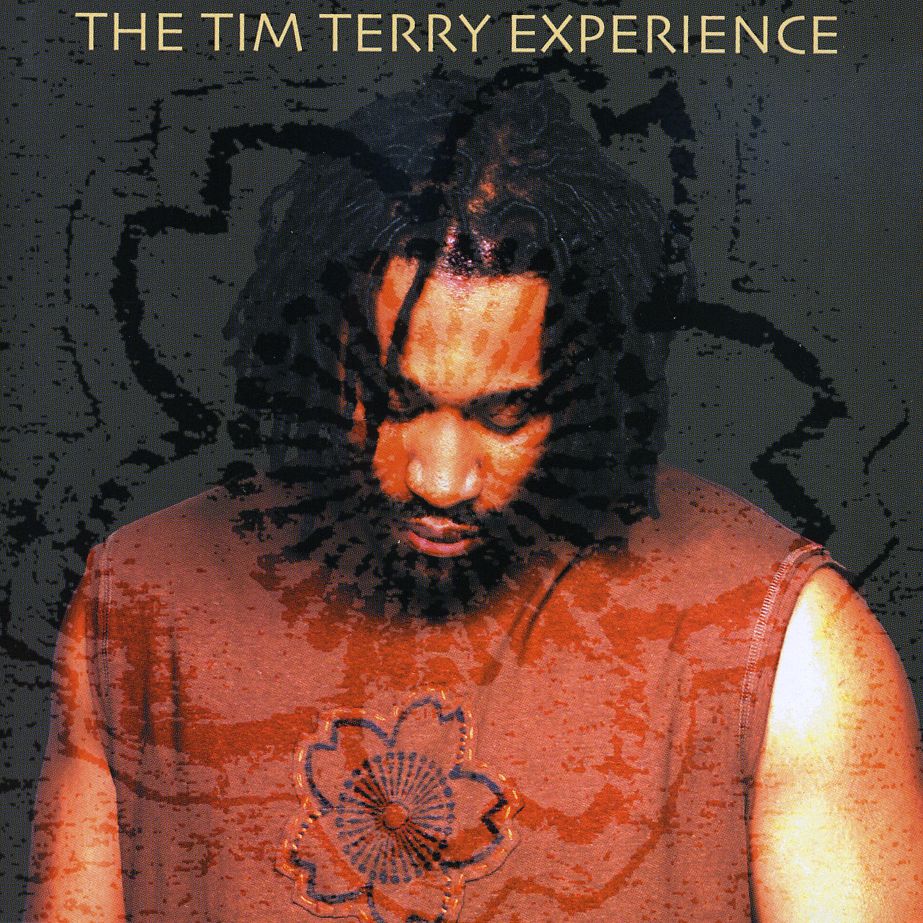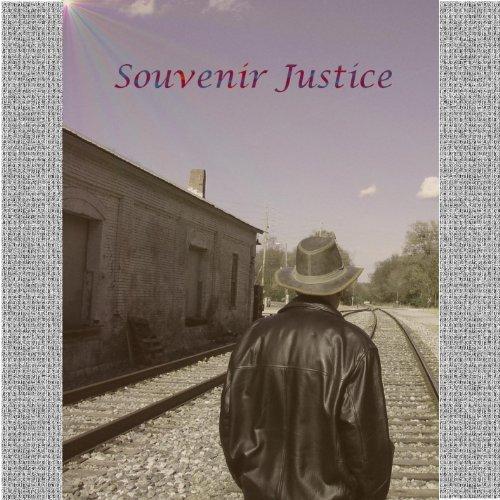
Graham, Christopher Alan
product information
description
in History Award Faith, Race, and the Lost Cause is a new history of Richmond's famous St. Paul's Episcopal Church, attended by Robert E. Lee and Jefferson Davis during the Civil War and a tourist magnet thereafter. Christopher Alan Graham's narrative--which emerged out of St. Paul's History and Reconciliation Initiative--charts the congregation's theological and secular views of race from the church's founding in 1845 to the present day, exploring the church's complicity in Lost Cause narratives and racial oppression in Richmond.
Graham investigates the ways that the actions of elite white southerners who imagined themselves as benevolent--liberal, even--in their treatment of Black people through the decades obscured the actual damage to Black bodies and souls that this ostensible liberalism caused. Placing the legacy of St. Paul's self-described benevolent paternalism in dialogue with the racial and religious geography of Richmond, Graham reflects on what an authentic process of recognition and reparations might be, drawing useful lessons for America writ large.
member goods
No member items were found under this heading.
Return Policy
All sales are final
Shipping
No special shipping considerations available.
Shipping fees determined at checkout.

